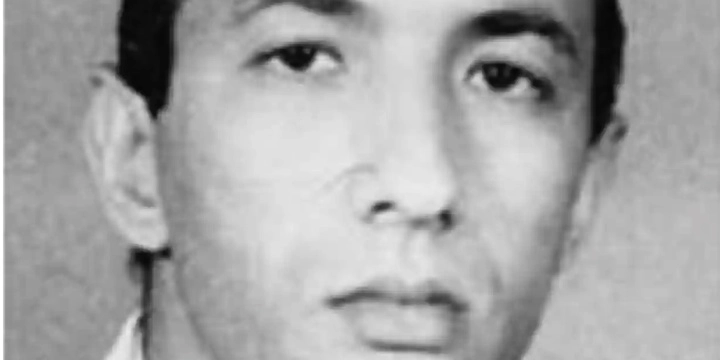“Our assessment aligns with that of the UN – that al-Qaeda’s new de facto leader Saif al-Adel is based in Iran,” said State Department spokesman Ned Price.
Iran has provided the base for the new leader of the al-Qaeda Islamist terror organization, according to separate assessments released this week by the UN and the United States.
A UN report issued on Wednesday described Seif al-Adel — a a former Egyptian intelligence officer with a $10 million bounty on his head — as the “uncontested” leader of al-Qaeda, whose influence since the September 11, 2001 atrocities in New York and Washington, DC, has waned as other terror groups such as ISIS have emerged in the Middle East.
Identifying the current leader of al-Qaeda has been complicated by the reluctance of the Taliban leadership in Afghanistan to acknowledge the death of its previous leader, Ayman al-Zawahiri, in July 2022. Al-Zawahiri was a close associate of Osama Bin Laden, the late Al Qaeda chief who masterminded the 9/11 attacks.
According to the UN report, “many Member States took the view that Seif al-Adel is already operating as the de facto and uncontested leader of the group.”
That same conclusion was endorsed on Wednesday by State Department spokesman Ned Price, who told a press briefing that al-Adel’s presence in Iran “is just another example of Iran’s wide-ranging support for terrorism, its destabilizing activities in the Middle East and beyond.”
Said Price: “Our assessment aligns with that of the UN – that al-Qaeda’s new de facto leader Saif al-Adel is based in Iran.” Al-Adel is wanted by the US for his involvement with the 1998 bombings of US embassies in Kenya and Tanzania.
Asked what action the US might take in response, Price said that by “engaging in concerted diplomacy, by coordinating closely with our closest allies and partners, we are more effectively able to take on all of the challenges that Iran poses to our interests, to the stability of the region, and to the interests of countries well beyond.”
Often referred to as the third ranking member of al Qaeda, al-Adel achieved the rank of colonel in the Egyptian special forces. In 1988, he fled Egypt, where he had been arrested for involvement with the jihadi organization responsible for the 1981 assassination of President Anwar al-Sadat, for Pakistan, where he became a military trainer for jihadi groups.
Al-Adel was involved in planning terrorist operations around the world — including the attempted assassination in 2000 of Joseph Gutnick, an Orthodox Jewish mining magnate in Australia — and managed Bin Laden’s personal security.
Al-Adel, whose real name is Mohammed Salah al-Din Zeidan, is believed to have moved to Iran in 2002 or 2003. He is reported to be a member of al-Qaeda’s senior leadership council, the Majlis al-Shura, as well as a senior member of the group’s Hittin Committee, charged with governing al-Qaeda’s global operations.
Iran meanwhile vociferously denied the UN and US claims over al-Din’s whereabouts.
“I advise the officials of the White House to stop the failed game of Iran phobia, making news about the leader of al-Qaeda and linking him to Iran is laughable,” Hossein Amir-Abdollahian, Iran’s Foreign Minister, declared in a tweet.


